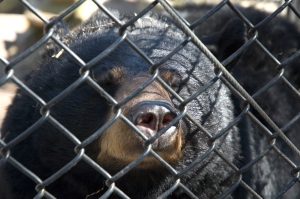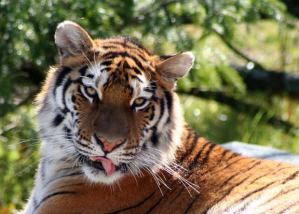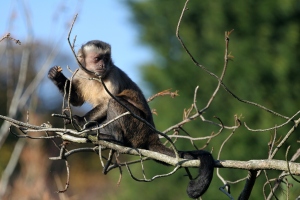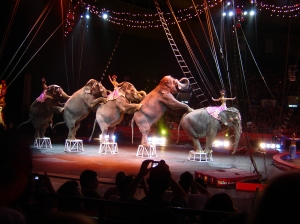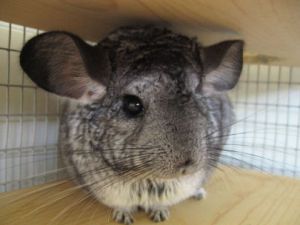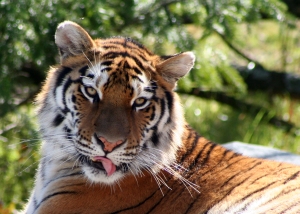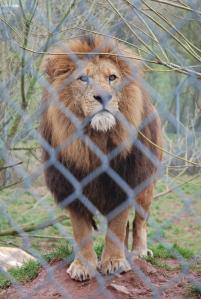Paws Up!
 To Rockbridge County Circuit Judge Michael Irvine for upholding the Virginia Department of Game and Inland Fisheries’ decision to revoke the Natural Bridge Zoo’s state permit.
To Rockbridge County Circuit Judge Michael Irvine for upholding the Virginia Department of Game and Inland Fisheries’ decision to revoke the Natural Bridge Zoo’s state permit.
How many of you visited a roadside zoo when you were a child? Lions, tigers, and elephants who seemed untouchable in movies could now be seen up close. As a child, you may not have given much thought to the animals’ daily lives, just the awe-filled memory of seeing exotic animals in real life.
Throughout the years, more people have come to realize that these majestic animals should not be imprisoned in cages for our enjoyment, but rather they should be allowed to live in their own environments—free. According to a recent news story, the Natural Bridge Zoo has been operated by Karl Mogenson for over thirty years in Rockbridge County, VA. Whereas some establishments improve over time, management of the Natural Bridge Zoo has worsened over the past three decades to the point that it has now become a place of deep sorrow and profound suffering for the animals there. Thankfully, concerned citizens have given these beloved animals a voice. Recent inspections by the U.S. Department of Agriculture (USDA) uncovered as many as forty-four animal welfare violations. Upon learning of the USDA inspection report, which cited numerous instances of inadequate veterinary care and inhumane practices, the Virginia Department of Game and Inland Fisheries suspended the zoo’s permit to showcase wild animals. In a recent ruling, Rockbridge County Circuit Judge Michael Irvine upheld the state agency’s decision. Thanks to this ruling, the zoo will not be allowed to reopen in the foreseeable future. However, despite numerous citations, the zoo still holds a federal license under the USDA.
Take Action: Please contact the USDA APHIS to encourage the agency to permanently revoke the Natural Bridge Zoo’s federal license.
USDA, APHIS, AC
920 Main Campus Drive,
Suite 200, Unit 3040
Raleigh, NC 27606
Telephone: (919) 855-7100
Fax: (919) 855-7123


